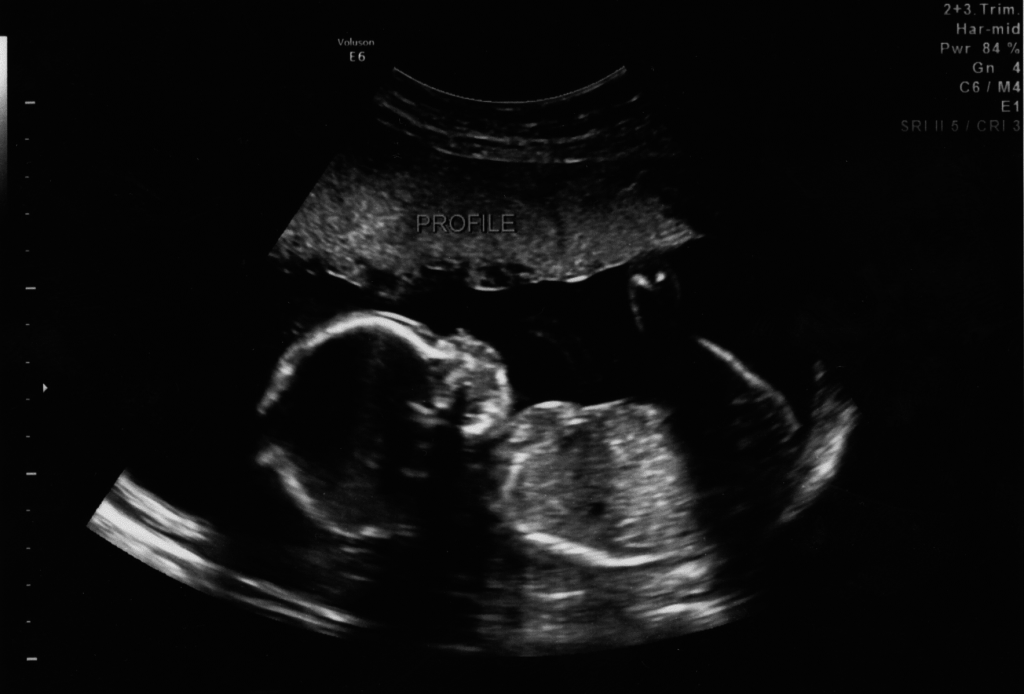Alabama asks Supreme Court to review abortion ruling

Alabama is asking the U.S. Supreme Court to review the state’s attempt to ban the most commonly used procedure in second-trimester abortions. State lawmakers voted in 2016 to ban the abortion procedure known as dilation and evacuation. A federal judge blocked the law as an unconstitutional restriction on abortion access. Attorney General Steve Marshall’s office asked the high court Thursday to review an August ruling by the 11th Circuit U.S. Court of Appeals in upholding that decision. Courts have blocked similar laws in Kansas, Oklahoma, Louisiana, Texas, and Arkansas. Court records show 93 percent of abortions in Alabama occur before 15 weeks of pregnancy. For the 7 percent of abortions that occur later, 99 percent are by dilation and evacuation. A statement from Marshall’s office calls the procedure “dismemberment abortion.” Republished with permission from the Associated Press.
Alabama to ask Supreme Court to review abortion

Alabama will ask the U.S. Supreme Court to review the state’s effort to ban the most commonly used second trimester abortion procedure. Alabama Attorney General Steve Marshall’s office asked the court Tuesday for an additional 30 days to file its petition for review. Alabama lawmakers in 2016 voted to ban the abortion procedure known as dilation and evacuation. A federal judge blocked the law as an unconstitutional restriction on abortion access. The 11th Circuit U.S. Court of Appeals in August upheld the decision. Politicians seeking to ban the procedure refer to it by the nonmedical term “dismemberment abortion.” “The constitutionality of a state ban on dismemberment abortion is an important question of national significance. Litigation over similar abortion laws is pending in several other courts,” lawyers for Alabama wrote. Courts have blocked similar laws in Kansas, Oklahoma, Louisiana, Texas, and Arkansas. U.S. District Judge Myron Thompson in 2016 blocked enforcement of the Alabama law, saying the ban would cause Alabama women to lose access to abortion in the state after 15 weeks of pregnancy because of the unavailability of other methods. Alabama, with support from other conservative states, appealed the decision. The 11th Circuit in August upheld Thompson’s decision, although Chief Judge Ed Carnes wrote that “dismemberment” is an accurate description for the procedure. The Center for Reproductive Rights has described dilation and evacuation as the most common abortion procedure in the U.S. in the second trimester. According to court records in the case, 93 percent of abortions in Alabama occur before 15 weeks of pregnancy. For the seven percent of abortions that occur after 15 weeks, 99 percent of them are by dilation and evacuation. Republished with permission from the Associated Press.
Federal appeals court blocks Alabama anti-abortion law

The 11th Circuit U.S. Court of Appeals in Atlanta blocked Alabama anti-abortion legislation on Wednesday, that would have outlawed a commonly used second-trimester dismemberment abortion procedure. The legislation, SB363: the Unborn Child Protection from Dismemberment Abortion Act, originally passed in 2016 and called for a ban on dilation and evacuation abortions; during which the fetus is removed in pieces with forceps. This type of procedure accounts for approximately 95 percent of all abortions in the second trimester. The legislation also allowed an exception in the event of a “serious health risk to the mother.” Executive director of the American Civil Liberties Union of Alabama, Randall Marshall told the Associated Press that the ruling means “Alabama politicians can’t put an “ideological agenda” over a woman’s health and decision-making.” “I am disappointed that the 11th Circuit sided with the lower court in this case, but it is encouraging that the court recognized the State’s important and legitimate interests in ending barbaric abortion procedures—in this case, procedures that literally tear apart babies living inside their mothers’ wombs,” Attorney General Steve Marshall said in a statement. “Our legal team is carefully considering whether we will petition the Supreme Court for review of this case. We expect to reach a decision soon.” In June of 2016 the ACLU filed a lawsuit against the restrictions, saying they would dramatically cut abortion access and close the state’s two busiest clinics — the West Alabama Women’s Clinic in Tuscaloosa and the Alabama Women’s Center in Huntsville. According to the Alabama Department of Public Health, the clinics in Huntsville and Tuscaloosa performed 72 percent of the 8,080 abortions in Alabama in 2014. Scheduled to take effect on Aug. 1 of 2016, U.S. District Judge Myron Thompson temporarily blocked the enforcement of the new law in July of that year.


